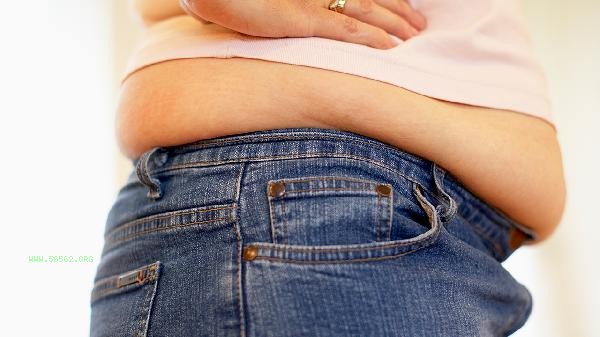Moderate consumption of seafood during weight loss usually does not lead to weight gain. Seafood is rich in high-quality protein and has low fat content. The main influencing factors include calorie control, cooking methods, pairing principles, frequency of consumption, and individual metabolic differences.

1. Calorie control:
Most seafood contains only 80-150 calories per 100 grams, such as 93 calories for prawns and 139 calories for salmon. When maintaining a daily total calorie intake of 1200-1500 calories during weight loss, including seafood in the diet plan will not result in excessive calories. It is recommended to replace some red meat with seafood, which can satisfy satiety and reduce fat intake.
2. Cooking method:
Low temperature cooking such as steaming and blanching can preserve the nutrients of seafood without adding extra calories, avoiding deep frying such as tempura or butter frying. A 200g deep fried squid ring contains up to 500 calories, while the same weight of boiled squid only has 130 calories. Recommend pairing with low calorie seasonings such as lemon juice and garlic.
3. Matching principle:

Combining seafood with high fiber vegetables such as broccoli and asparagus can delay blood sugar rise and avoid eating it with refined carbohydrates, white bread, and French fries. Typical wrong match, such as seafood Fried Rice, is about 800 calories per serving. It is suggested to change it to seafood vegetable salad, about 300 calories, with half a bowl of brown rice.
4. Consumption frequency:
3-4 times a week, 150-200 grams per time is within the safe range. Attention should be paid to the gout risk of high purine seafood hairtail and sardine. People with high cholesterol should control the intake of squid and crab roe. Pregnant women can choose to supplement DHA with low mercury cod and shrimp.
5. Individual differences:
Individuals with thyroid dysfunction should control seafood with high iodine content such as kelp and seaweed. Some people are allergic to shellfish or have histamine intolerance, which may cause swelling and temporary weight gain after consumption. It is recommended to consume a small amount and observe the body's reaction when trying a new variety for the first time. During weight loss, seafood can be used as a high-quality source of protein, with priority given to varieties such as mackerel and oysters that are rich in Omega-3. Pay attention to avoid sodium retention caused by excessive intake of seafood at dinner, and fully clean before cooking to reduce heavy metal residue. It is recommended to engage in aerobic exercise such as swimming and brisk walking three times a week, combined with two strength training sessions, to increase muscle mass and improve basal metabolic rate. Recording daily diet can help identify potential food sensitivity issues, and if there is persistent abnormal weight gain, hormone levels or digestive and absorption functions need to be checked.





Comments (0)
Leave a Comment
No comments yet
Be the first to share your thoughts!